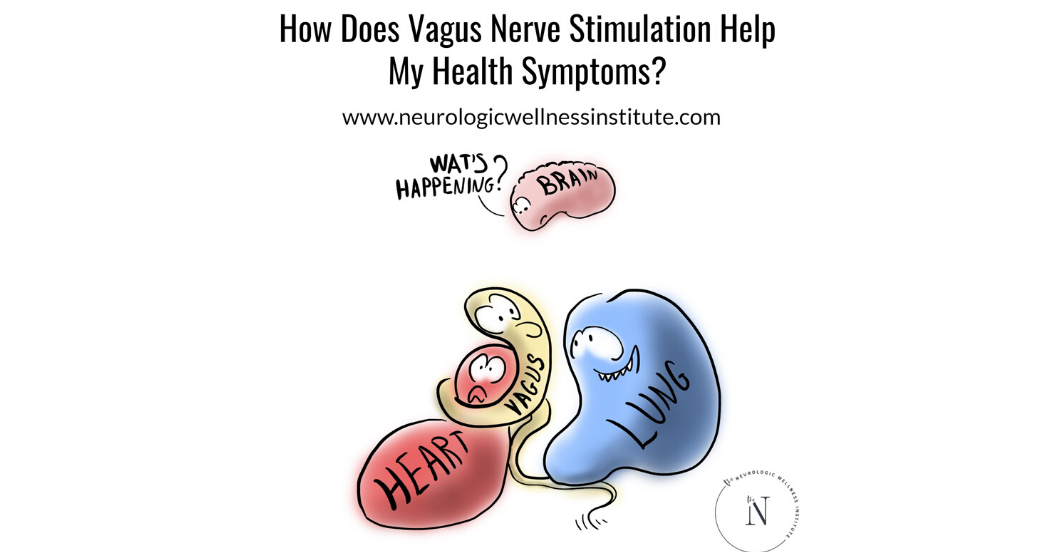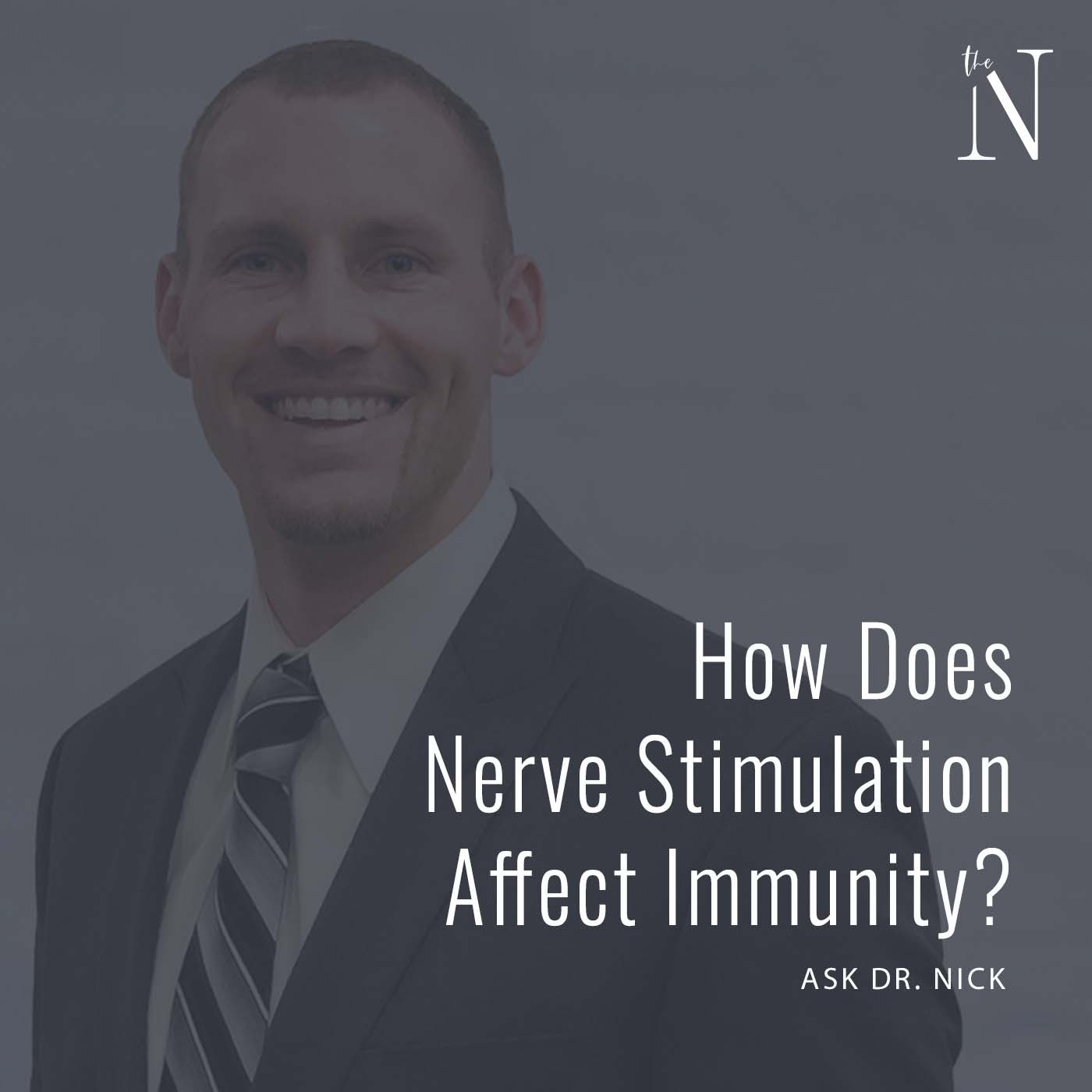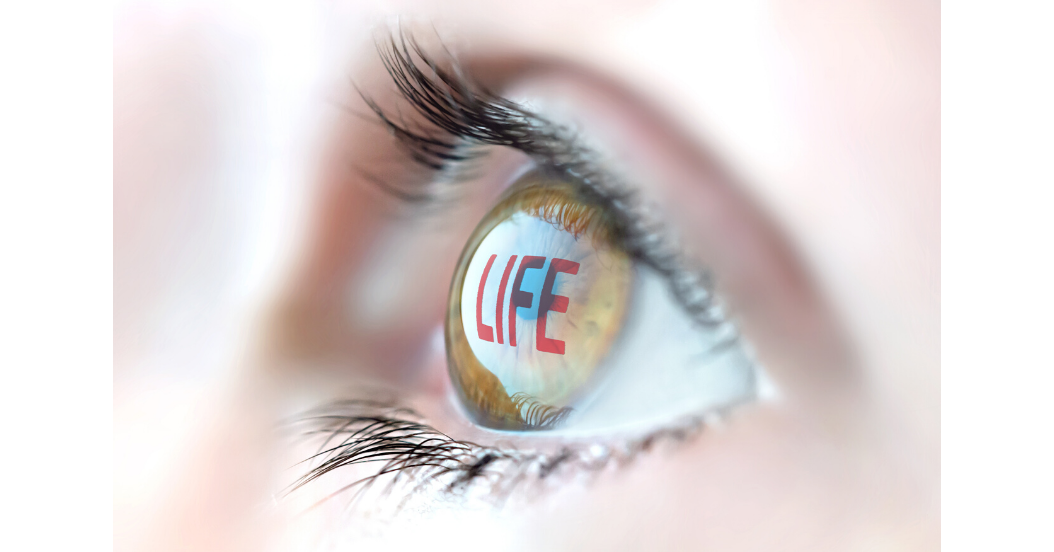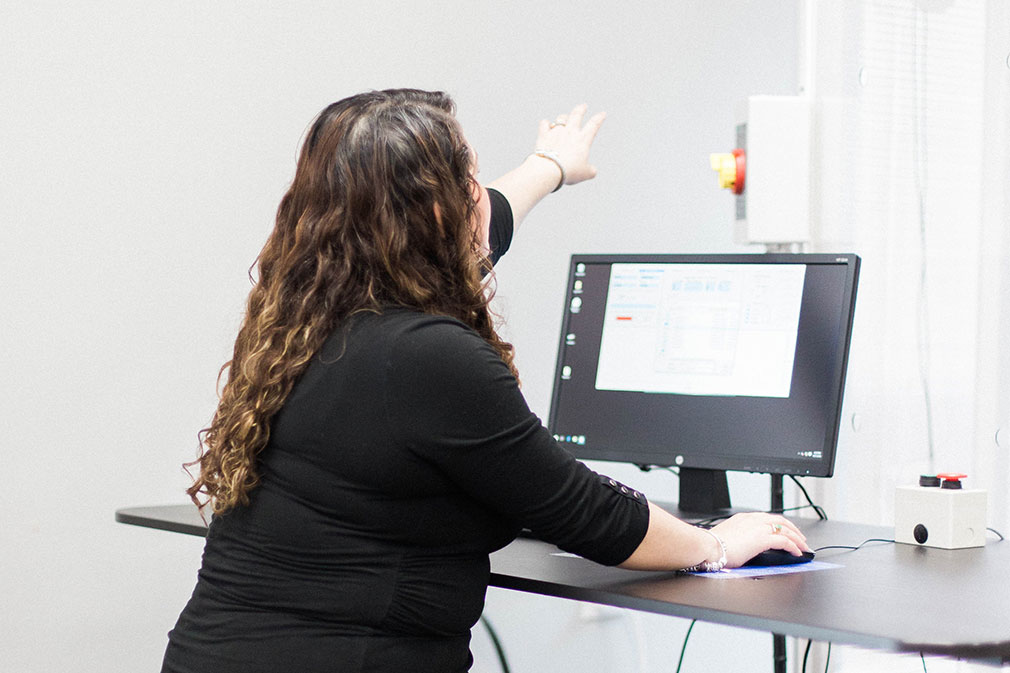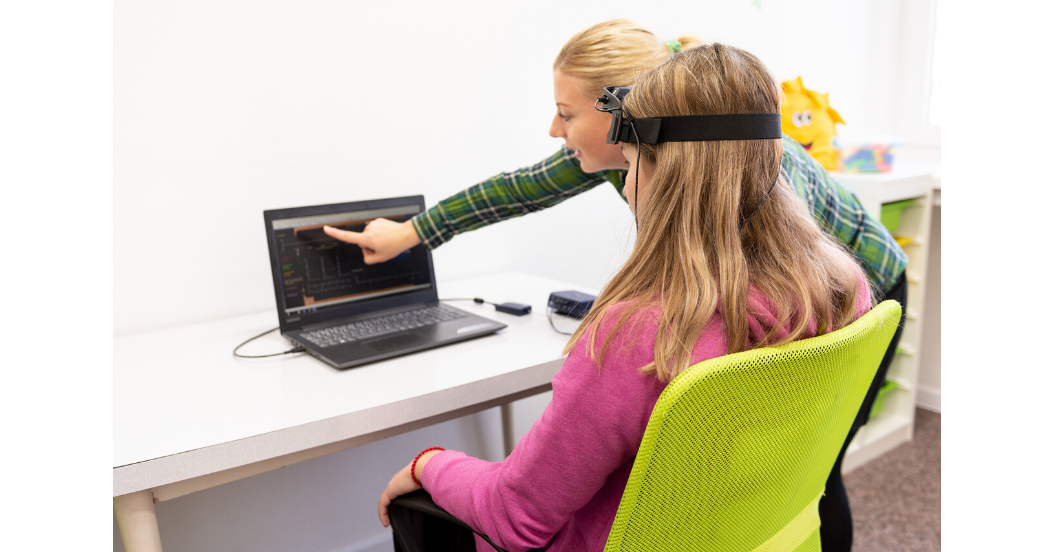
“Neurofeedback improves concentration and hyperactivity in children with ADHD.”
Attention Deficit Hyperactivity Disorder Statistics
6.4 million American children between the ages of 4-17 have been diagnosed with ADHD. Two out of three children diagnosed with ADHD will also have at least one co-occurring condition such as behavioral problems, anxiety, depression, and/or autism. Later in life, ADHD has been associated with low self-esteem, poor academic performance, poor interpersonal skills, antisocial behavior, and substance abuse.
Beneficial Treatment Option
Clinical guidelines for attention-deficit/hyperactivity disorder (ADHD) recommends multimodal treatment approaches. Neurofeedback (NF) has gained increasing interest in the treatment of attention-deficit/hyperactivity disorder (ADHD) thanks to its documented benefits.
What is Neurofeedback?
Neurofeedback (NF) is a type of brain-biofeedback system that aims to improve the self-regulation of brain wave activity (most often using an electroencephalogram, EEG). Improvements from neurofeedback therapy have been shown to be similar to medication but without the unwanted side effects. Neurofeedback therapy has been shown to last for over 2 years after therapy is completed.
There is a large variety of neurofeedback devices and many different treatment protocols, making it best to find a trained neurofeedback provider in your area with clinical experience. When done properly, neurofeedback is enjoyable, relaxing, and provides noticeable and long-lasting improvements.
For more information on how neurofeedback works and how it can help you or someone you know, feel free to contact us at https://neurologicwellnessinstitute.com/contact/
Doren et al. Sustained effects of neurofeedback in ADHD. Eur Child Adolesc Psychiatry. 2019.

